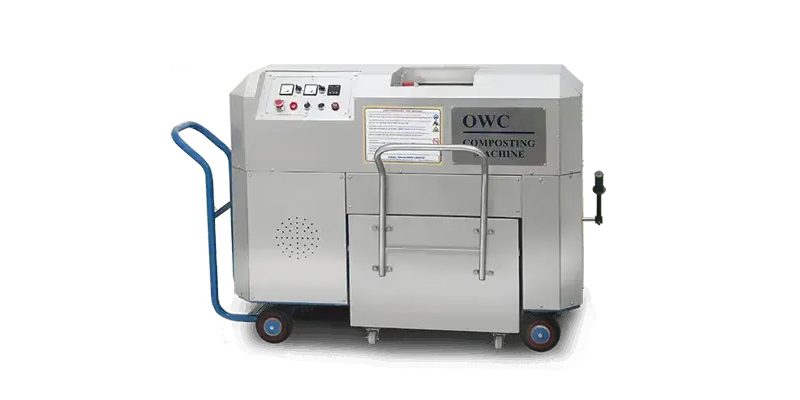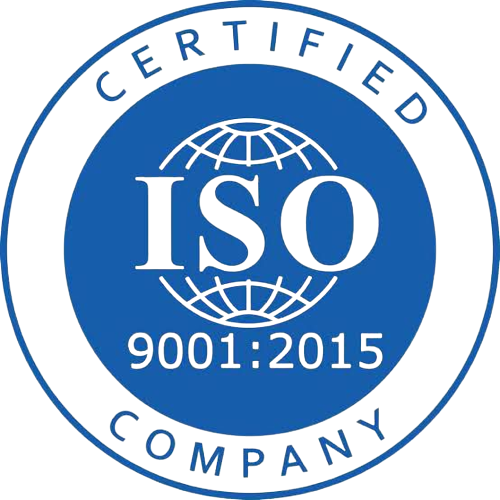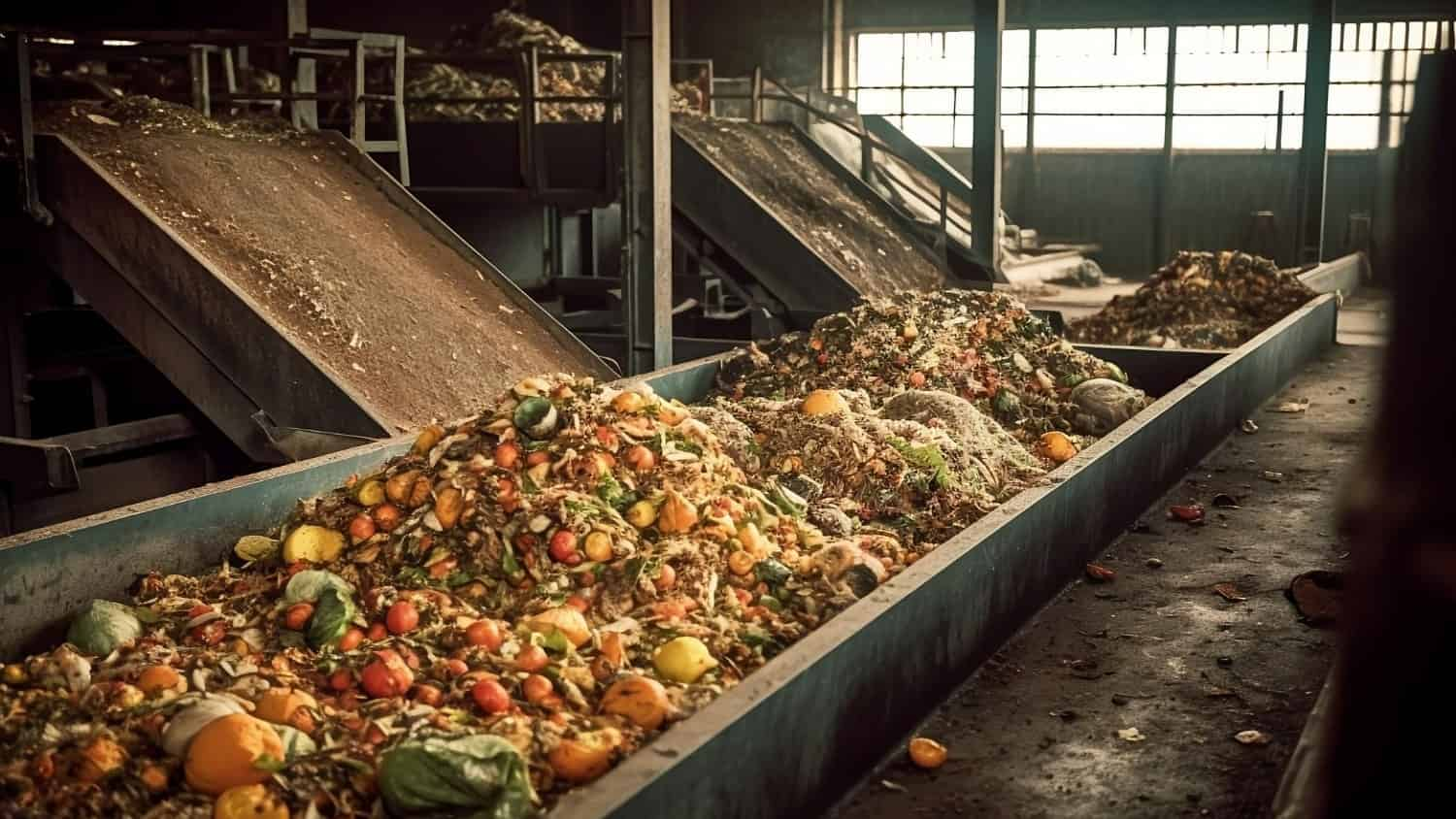Introduction: The Growing Concern of Food Waste
As we grapple with the challenges of climate change and strive for a sustainable future, the conversation invariably leads to the importance of effective waste management. Food waste, in particular, represents a significant issue, with tons of edible items discarded daily. The environmental impact is further heightened by the contribution of food waste to landfill deposits, leading to the generation of methane, a potent greenhouse gas. The food waste composting machine has emerged as a transformative solution to this critical problem, providing an innovative and efficient method of waste conversion.
Traditional Composting Versus Advanced Composting Systems
Before diving into the subject of the composting machine, it’s pertinent to examine the composting process itself. At its most basic, composting involves the biological decomposition of organic matter, such as food scraps and garden waste, into humus, a nutrient-rich soil conditioner. Traditional composting systems require periodic aeration, turning, and considerable time for the material to break down. These systems have their advantages but also come with limitations, such as space requirements and the manual effort needed to maintain them.
On the other hand, advanced composting systems, including the food waste composting machine, simplify the process through automation. They convert organic waste more efficiently and with considerably less manual intervention, making them ideal for urban settings and modern lifestyles.
Features and Benefits of the Fully Automatic Organic Waste Composting Machine
The modern composting machine is more than just a glorified waste disposer; it is a technologically advanced system designed for effectiveness and ease of use. It provides numerous benefits, including:
- Speed: It accelerates the composting process considerably, converting organic waste into usable compost in as little as 24 hours in some models.
- Odour Control: Advanced filters eliminate the odours commonly associated with composting, making the machine more suitable for indoor use.
- Energy Efficiency: Many models are designed to be energy-efficient, reducing the overall environmental impact of the device.
- Ease of Use: User-friendly interfaces make it simple to operate, requiring little to no expertise in composting.
How Does It Function?
The operational aspect of this device warrants exploration. A typical fully automatic organic waste composting machine is a self-contained unit into which you deposit food waste. Once inside, the machine employs microbial action, heat, and mechanical mixing to accelerate the composting process. These machines are usually powered by electricity but are designed to be highly energy-efficient. The end product is ready-to-use compost that can be directly added to garden soil or used in potted plants.
Methane Emissions and Environmental Impact
One of the key benefits of composting food waste is the reduction of methane emissions. When food waste decomposes in landfills, it undergoes anaerobic decomposition because of the lack of oxygen, resulting in the production of methane. Methane is a greenhouse gas that has a far greater impact on climate change than carbon dioxide on a per molecule basis. Therefore, by diverting food waste from landfills and converting it into compost, we significantly reduce the emission of this harmful gas.
A Solution for the Urban Dweller
Traditional composting often requires a dedicated outdoor space, making it impractical for those living in flats or areas with limited outdoor facilities. The food waste composting machine, being a compact and self-contained unit, offers a feasible solution for urban households, enabling city dwellers to participate in sustainable waste management actively.
Sustainability Beyond the Home
While the immediate benefits of the machine are centred around household waste management, the implications are broader. Industries such as hospitality, healthcare, and education can also employ these devices for effective waste management, thereby amplifying the environmental benefits. By doing so, they can contribute towards a significant reduction in overall greenhouse gas emissions.
Final Consideration: Is It Worth the Investment?
Given its advantages, the question arises: who should invest in a food waste composting machine? The answer is, essentially, anyone concerned about reducing their environmental footprint. While the initial investment may seem steep, the long-term benefits, both environmental and monetary, make it a worthwhile addition to any household.
Conclusion
The food waste composting machine is not merely a modern convenience; it represents a vital step forward in our collective efforts to mitigate the impacts of climate change. By making composting a practical and efficient process, it encourages more people to divert organic waste from landfills, thereby reducing methane emissions. As a waste converter, it stands as a revolution in household waste management, promising a greener, more sustainable future for all.
By adopting this technology, we not only reduce our own carbon footprint but also contribute to a collective effort to minimise greenhouse gas emissions and landfill waste. The machine stands as a testament to human ingenuity, offering a practical solution to a global problem.

The Organic Waste Converter (OWC) by Excel Industries is a cutting-edge solution in the realm of sustainable waste management. Designed for easy installation and minimal training, this patented system offers a convenient and quick way to convert segregated organic waste into high-quality compost. The OWC is incredibly versatile, catering to a wide spectrum of waste treatment capacities, ranging from 100 kg to 3000 kg per day. This makes it an ideal choice for various sectors, from residential buildings and commercial enterprises to municipal corporations. Not only does it significantly contribute to reducing landfill mass and methane emissions, but its ease of operation also makes it a practical option for those looking to make an immediate impact on waste management. Excel Industries, with its rich history of innovation and commitment to environmental sustainability, ensures comprehensive service support across India, affirming the OWC’s position as a leading solution for organic waste conversion.


